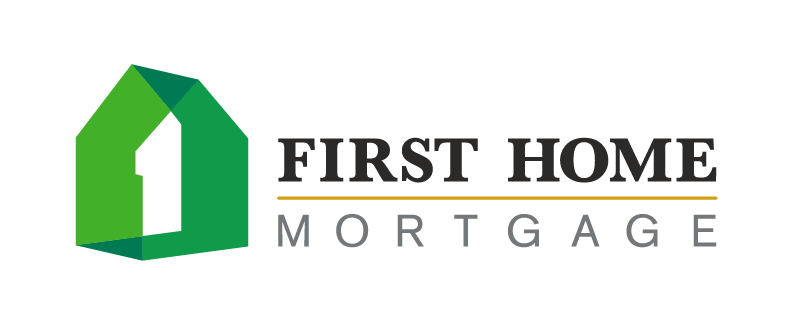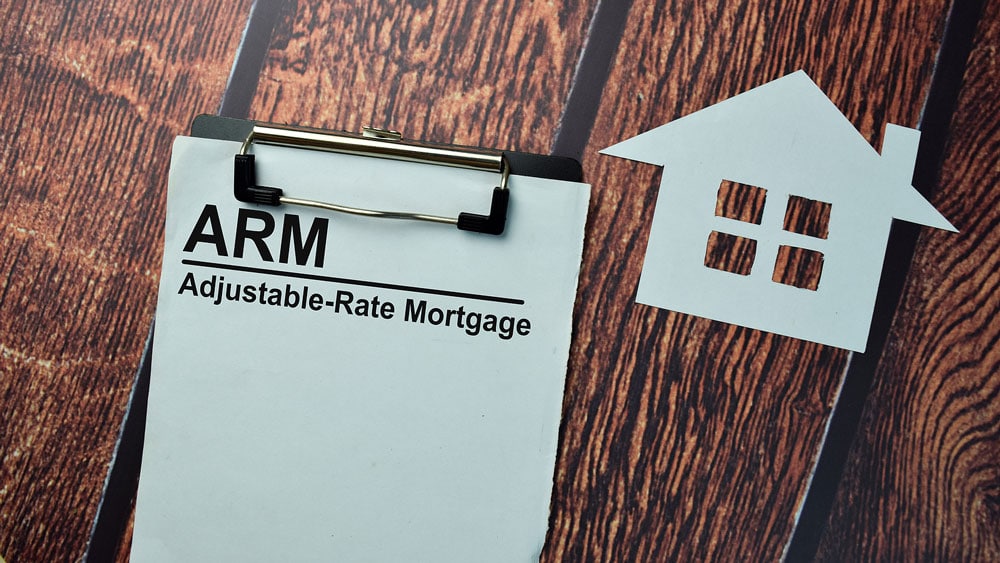An adjustable-rate mortgage, or ARM as they are better known, is a mortgage type that allows the interest rate on the home loan to change. An ARM 5/1 is a type of ARM that locks in an interest rate for the first five years of the loan. After that locked-in period, the loan enters an adjustment period that allows a once-per-year rate adjustment. The ARM 5/1 can be a useful tool for you if you know what to expect.
How do ARM Interest Rates Change?
The key to the ARM is understanding how the interest rates change. The variable rate is chosen based on an index and a set margin. Each loan has its own index, but typically it is one of these:
- Maturity yield on one-year Treasury bills
- 11th District cost of funds index
- London Interbank Offered Rate
The margin is a fixed percentage added to the index.
Here is how this would work. If at the end of the fixed-rate period, the loan’s index has an interest rate of 5% and the margin is 1.5%, then the interest rate on the mortgage automatically adjusts to 6.5%. If the index is just 3%, the margin stays the same, and the loan adjusts to 4.5%.
ARMS and Rate Caps
Another feature of an ARM that’s worth looking at is the rate cap. Some ARMS have limits on how much the interest rate can change from one year to the next, helping protect the borrower against highly volatile market swings. Some also have lifetime rate caps that limit how high the rate can go over the loan’s lifetime.
Benefits of an ARM 5/1
Is an ARM 5/1 the right loan for your needs? In some circumstances, it may be. The five-year fixed-rate period provides a lower interest rate for a long time. Many home buyers enter their home loan, knowing that they’re going to be moving within those five years and lets you lock in a lower interest rate for this time frame.
With the lower interest rate, the initial monthly payment may be lower on an ARM 5/1 than with a fixed-rate loan. The low-interest-rate may make the home a bit more affordable for those first five years. Some savvy borrowers will use this added money to pay down their mortgage balance more quickly, putting extra money toward the principal during the fixed-rate period.
Some will use an ARM 5/1 for the first years of their homeownership, then refinance to a fixed-rate loan before the fixed-rate period on their ARM expires. Buyers can take advantage of the lower interest rate before taking on the risk of a higher one. Of course, it runs the risk of the interest rate going up and the fixed-rate loan being more expensive, but it is an option.
With an ARM, the interest rate may increase, but it may also decrease. Because it is tied to an index, it is possible for the rate to go down when the index rate also goes down. If rates are unusually high when you get your initial loan, this may make the ARM an attractive option.
Disadvantages of an ARM 5/1
The main drawback of the ARM 5/1 loan is the risk of a higher interest rate. Because of the margin, the rate after the fixed-rate period is often higher than the rate would be for a similar fixed-rate loan. In this case, the ARM can end up being more costly over the life of a loan than the fixed-rate mortgage. It can also quickly increase to the point that it no longer fits the homeowner’s budget.
If interest rates jump high, you might find yourself unable to sell your home or refinance it and may leave you stuck in a loan with rates that increase year after year.
Take a close look at your finances and your homeownership goals before making this decision. If used well, the ARM can be a useful tool but it does carry some risk that you have to be comfortable with taking on.
Contact me, Drew, for more information about how bi-weekly payments work.


